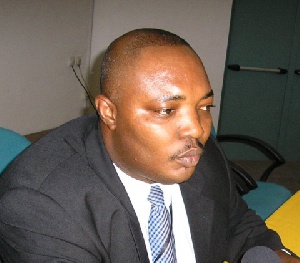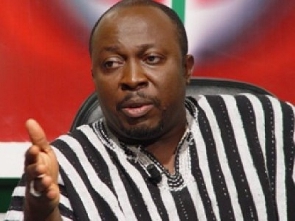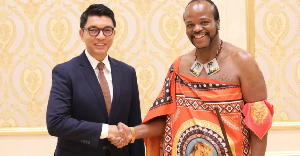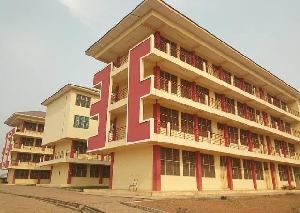Dr Robert Darko Osei, Senior Research Fellow of the Institute of Statistical, Social and Economic Research (ISSER) of the University of Ghana, has indicated that Ghana faces a number of macro-economic challenges which might jeopardize its progress towards achieving the Millennium Development Goals (MDGs) and the promotion of human development.
Speaking at a day’s seminar to throw light on contemporary macro-economic issues and how they affect Ghana’s developmental agenda, he attributed Ghana’s problems to political economy and politics of economic management.
Explaining further, he noted that Ghana’s performance for 2013 was characterized by rapid growth with rising deficit and more debts while the 2014 Budget also did not constructively respond to the existing and emerging issues.
The seminar was on the theme: “Efficiently Expanding Fiscal Pace to Promote Inclusive Growth and MDG Acceleration in the Country.”
He described the country’s economy as dynamically unstable, adding that inflation was unlikely to decline if serious measures were not taken.
He attributed the unstable economic situation to the high deficits, debt, inflation, distortions and the numerous disparities that existed.
Dr Osei said the fiscal and debt situations have deteriorated as a result of internal budgetary slippages, pressure for large increases in recurrent expenditures (some of which are related to the MDG targets), and external developments, especially the spillover effects of the international financial collapse.
He further explained that a study conducted in 2011 reviewed the potential for expanding fiscal space to support human development objectives along certain four main pillars, which include domestic revenue, official development aid (ODA).
Ghana was far from achieving the MDGs’ targets on maternal health, infant mortality, and sanitation, but has been close to achieving the other five goals, he said.
He said the principal means for creating additional fiscal space to boost progress towards the MDGs by 2015 would come from adjustments within the budget.
“The key elements will be the re-allocation of expenditure, more effective revenue generation, improvement in efficiency of public sector operations, and cuts in some of the least productive activities.
He urged government to create additional fiscal space through measures that would improve macro-economic management to raise the rate of economic growth.
“Specific actions related to deficit reduction, bringing the national debt back into conformity with long-term sustainability criteria, maintaining a competitive exchange rate, and reducing the regulatory burden will also help re-balance the economy and stimulate private sector activity, particularly among small-scale operators.”
Business News of Monday, 16 December 2013
Source: Daily Guide













